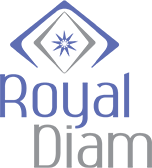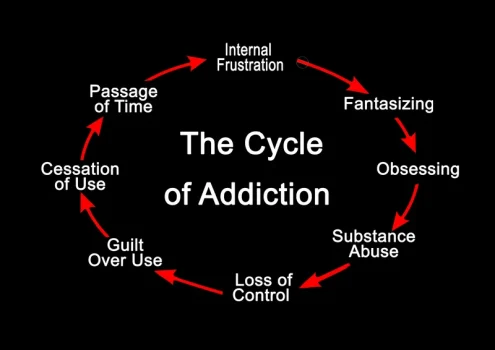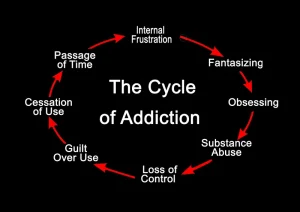

Many books emphasize spiritual sobriety and the importance of nurturing one’s whole being—emotionally, spiritually, and mentally. Titles like “In the Realm of Hungry Ghosts” provide a holistic approach to addiction, exploring how past trauma and emotional pain contribute to addictive behaviors. These books encourage readers to pursue not just physical sobriety but a full transformation into a healthier, happier version of themselves.
I have a ritual I’ve repeated on every anniversary of my decision to confront my addictive behavior once and for all. I dust off and re-read the journal I kept for about 100 days as I entered treatment and used SMART Recovery as my preference in peer support. “Two years after my accident I now find myself now surrounded by love, more connected to the people around me and filled with gratitude,” he tells PEOPLE about the book. “I’m hopeful that by sharing my story, it might help anyone out there who is facing their own moment where it feels like the odds are against them.” Uncover the impact, resources, and strategies for overcoming emotional eating.

Author Blake Nelson deliberately chose to focus on the recovery aspect because he found it to be the most intriguing part of the story. By emphasizing the process of rebuilding and healing, he highlights the challenges and successes that individuals face on their recovery journey. Beck is a loving husband, father, and respected business owner who drinks two bottles of wine a night. Unwilling to call himself an alcoholic, he tries everything to curb his drinking without success. Determined to get clean, Beck develops a unique approach to sobriety that changes the trajectory of his life. Part memoir and part how-to, many former drinkers credit Alcohol Lied to Me with helping them to finally beat the bottle.

Whitaker’s book offers a road map of non-traditional options for recovery. It is well-researched, educational, informative, and at times mind-blowing. This is a must read for anyone passionate about exploring their relationship with alcohol and the role a patriarchal system has played in rising rates of unhealthy substance use in America. Books provide the opportunity to learn from others’ experiences, their mistakes, setbacks, and successes. Authors like Russell Brand, Tiffany Jenkins, and Amy Dresner offer relatable, often humorous accounts of addiction and recovery.
It’s a tough book to read due to the descriptions of horrific traumas people have experienced, however it’s inspirational in its message of hope. Van der Kolk describes our inner resilience to manage the worst of life’s circumstances with our innate survival instinct. We can survive and even thrive despite the traumas we have endured. This is a lesser known series of essays on the intersection of alcohol and womanhood. The author, Kristi Coulter, engages the reader with Halfway house her deep insight and quick wit. This combination makes her story heartening, funny, and thought-provoking at the same time.
This commitment involves the willingness to make changes and adopt healthier habits. It requires individuals to take responsibility for their actions, seek support, and develop coping mechanisms to navigate challenges that may arise along the way. This is a self-help book by a licensed therapist that braids together anonymized client stories, personal narrative, psychological tools, and brain research. White thoughtfully explores boundaries, emotional regulation, body image, shame, and self-care in a way that’s actionable and accessible. The book is short, easy to read, and will leave you with some immediate tools for addressing social situations, sex, and friendship while navigating an alcohol-free lifestyle. A 1996 bestseller, Caroline Knapp paints a vivid picture of substance use and recovery that every reader can appreciate, whether you struggle with substance use or not.

As you work through the recovery process, you may find these addiction recovery books valuable. Whether you prefer firsthand accounts or polished, scientific writing, there’s a book on this list that will pique your interest. David Carr’s memoir, “The Night of the Gun,” presents a captivating exploration of his life as a cocaine addict, journalist, and single parent. Carr delves into his past, meticulously investigating his own story to unravel truths about his battle with addiction, recovery, and even his experience with cancer. Through his introspective narrative, Carr provides a unique perspective on the challenges of addiction and the possibility of redemption 4.
It also provides guidance on understanding self-actualization, managing negative behaviors, and establishing a healthier future. The raw and deeply personal struggles of addiction come to the surface in this bestselling book. In it, Nick Sheff gives a detailed depiction of his daily struggles as an addict. He gives readers a firsthand account of the thoughts and feelings that an addict wrestles with. Many readers that struggle with addiction resonate with Nick and his rocky journey to recovery.

Reading a few chapters of a recovery-related book each day can help weave your sobriety or moderation goals into your everyday life. It can provide ongoing reminders of why you’re making a change, and give you new tools to incorporate as you continue on your journey. Plus, you’ll get to read beautiful writing, and expand your worldview and perspectives.
If you struggle with anything related to body image, you won’t regret this read. This book may best recovery memoirs also help you see sobriety as a gift you’re giving to your body. This book serves as a guide for anyone starting their journey with a 30 day sobriety challenge.